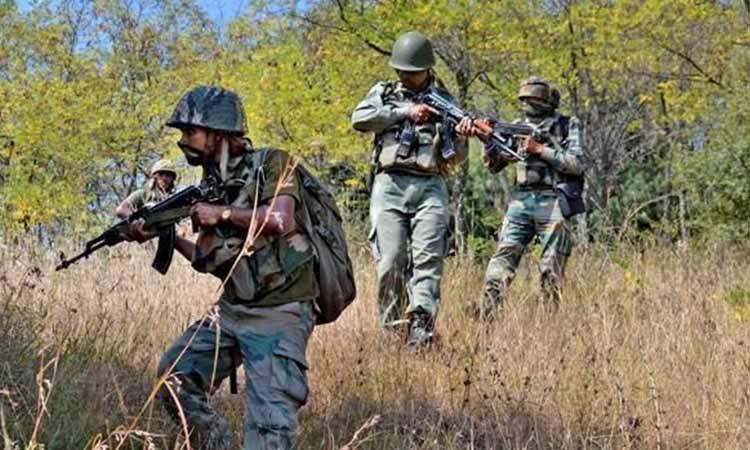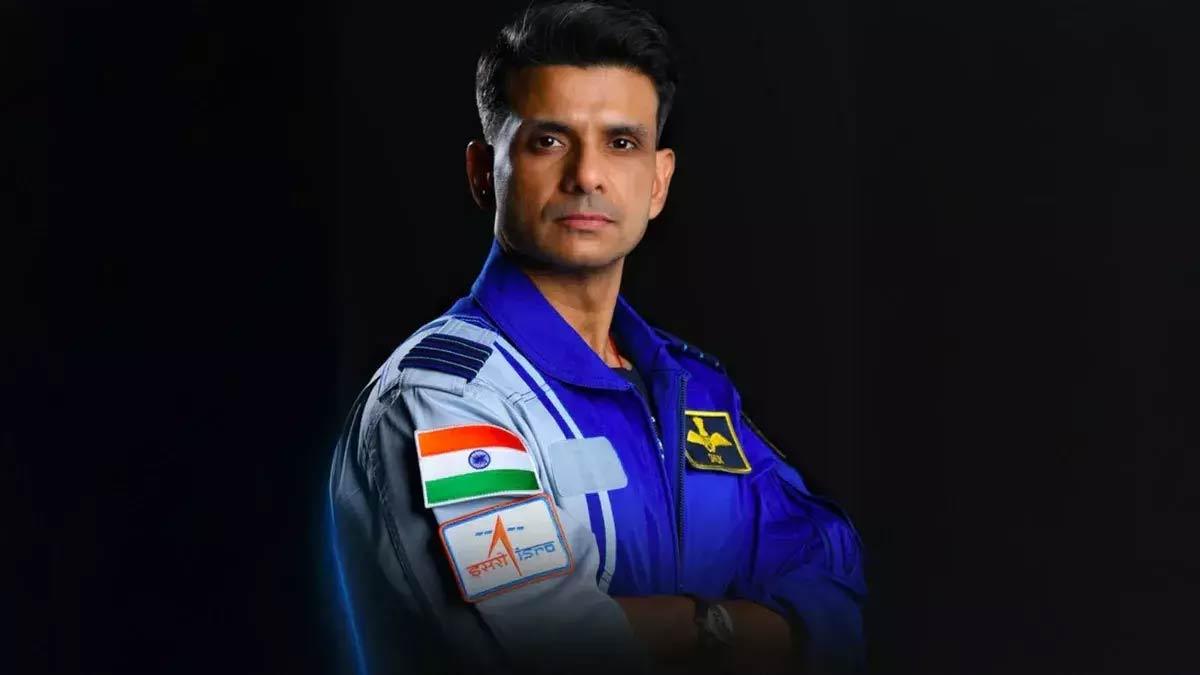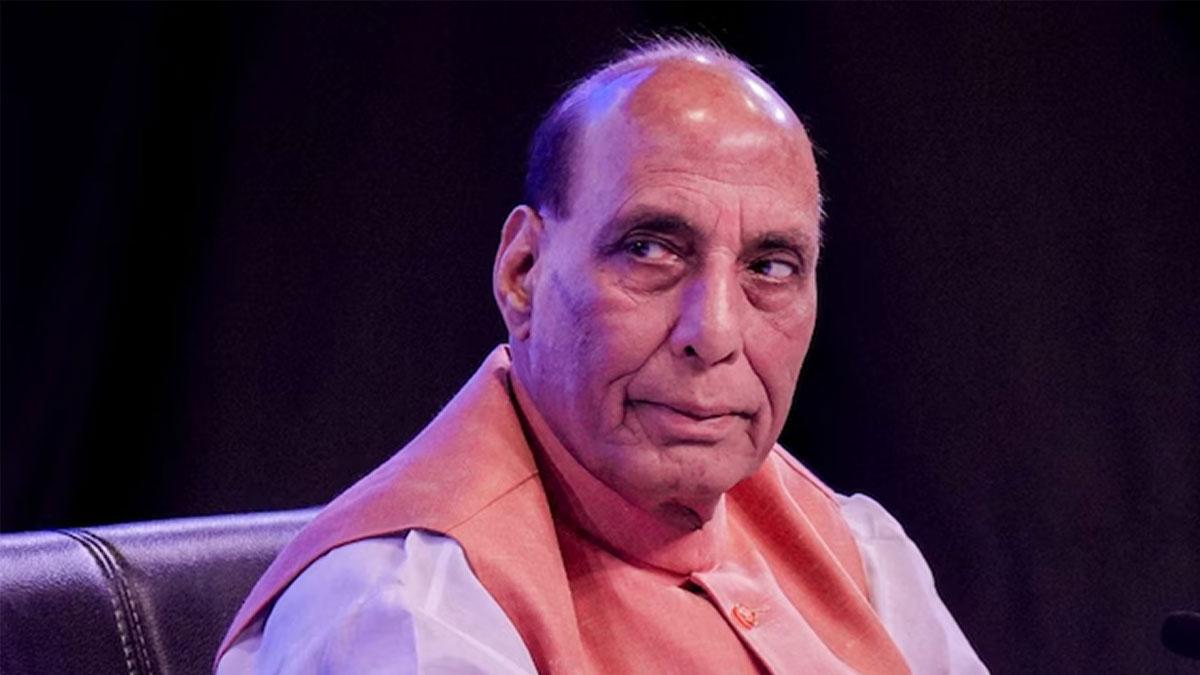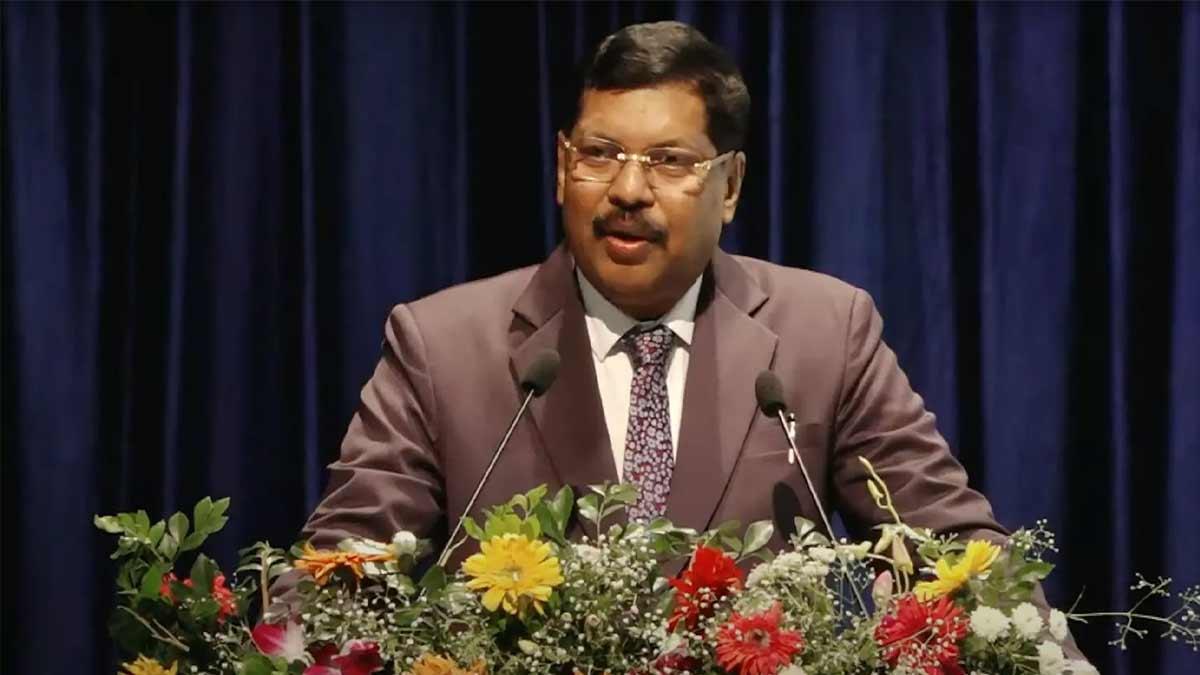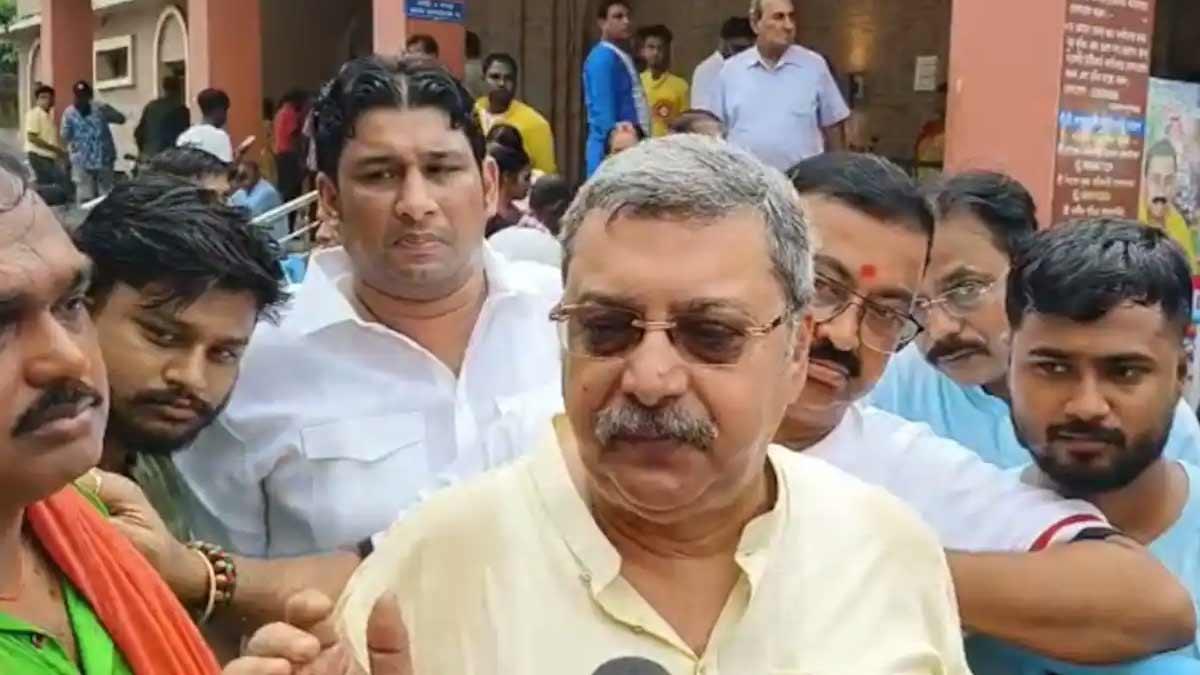Five years ago, the Indian Army launched one of the biggest surgical strikes against terrorist camps in Pakistan occupied Kashmir, destroying terror launchpads and breeding grounds for terror outfits along the Line of Control. Since then, the government of India has been observing September 29 as the ‘Surgical Strike Day’. Prime Minister Narendra Modi revealed the details of the military action saying that the date of the attack was changed twice, keeping in mind the safety and security of the troops. He also said that he ordered the troops to not think about the success or failure and be back "before sunrise". The attacks were a response to Pakistan-based Jaish-e-Mohammad’s initial ambush on Indian Army brigade headquarters in Uri near the Line of Control which killed 19 army personnel. At the time, Prime Minister Narendra Modi had promised at the time that the attackers would not go "unpunished" and that the sacrifice of any jawan would not be in vain. Pakistan however had denied India's claim, saying that Indian troops did not cross the Line of Control and instead engaged in a border clash with Pakistani troops, killing two Pakistani soldiers and wounding nine others. Here is how India retaliated a few days later:
1. On September 29, 11 days after the attack, the Indian Army conducted retaliatory surgical strikes on launch-pads used by terrorists in Pakistan administered Kashmir.
2. The Indian army deployed commandos from various units of Para Forces (Special Force) in Jammu & Kashmir and carried out raids across the border on multiple targets.
3. Indian Director General of Military Operations (DGMO) Lt Gen Ranbir Singh said that it had made a preemptive strike against "terrorist teams" who were preparing to "carry out infiltration and conduct terrorist strikes inside Jammu and Kashmir and in various metros in other states"
Also Read | Infiltration bids along LoC to increase exponentially, intel agencies warn
4. Indian commandos crossed the Line of Control and struck at the safe houses, allegedly killing approximately 150 Pakistan-sponsored terrorists, The Economist reported.
5. The Indian Army destroyed most of the targets that were used as launch pads by terrorists for infiltrating the Jammu and Kashmir region and carrying out attacks against military and civilian targets.
6. PM Modi, while talking to the armed forces, said that the government gave the army personnel a free hand to plan and execute the surgical strikes after realizing that they wanted justice for their martyred soldiers.
7. Following these attacks, India started acting on the diplomatic level, boycotting all Pakistani imports, including actors, technicians, and other artists, asking them to return to their home country.
8. Moreover, the Board of Control for Cricket in India (BCCI), the national governing body for cricket in India, ruled out the possibility of reviving bilateral cricket ties with Pakistan in the near future.
9. Then Defence Minister Manohar Parrikar and Home Minister Rajnath Singh hailed the retaliation attacks saying "we can kill terrorists on this side as well as by crossing the border if the need arises".
10. Meanwhile, Pakistan said that at least eight Indian soldiers were killed in the exchange, with one captured. India stated that one of its soldiers was detained by Pakistan, but denied that this was related to the incident or that any of its soldiers had been killed.

